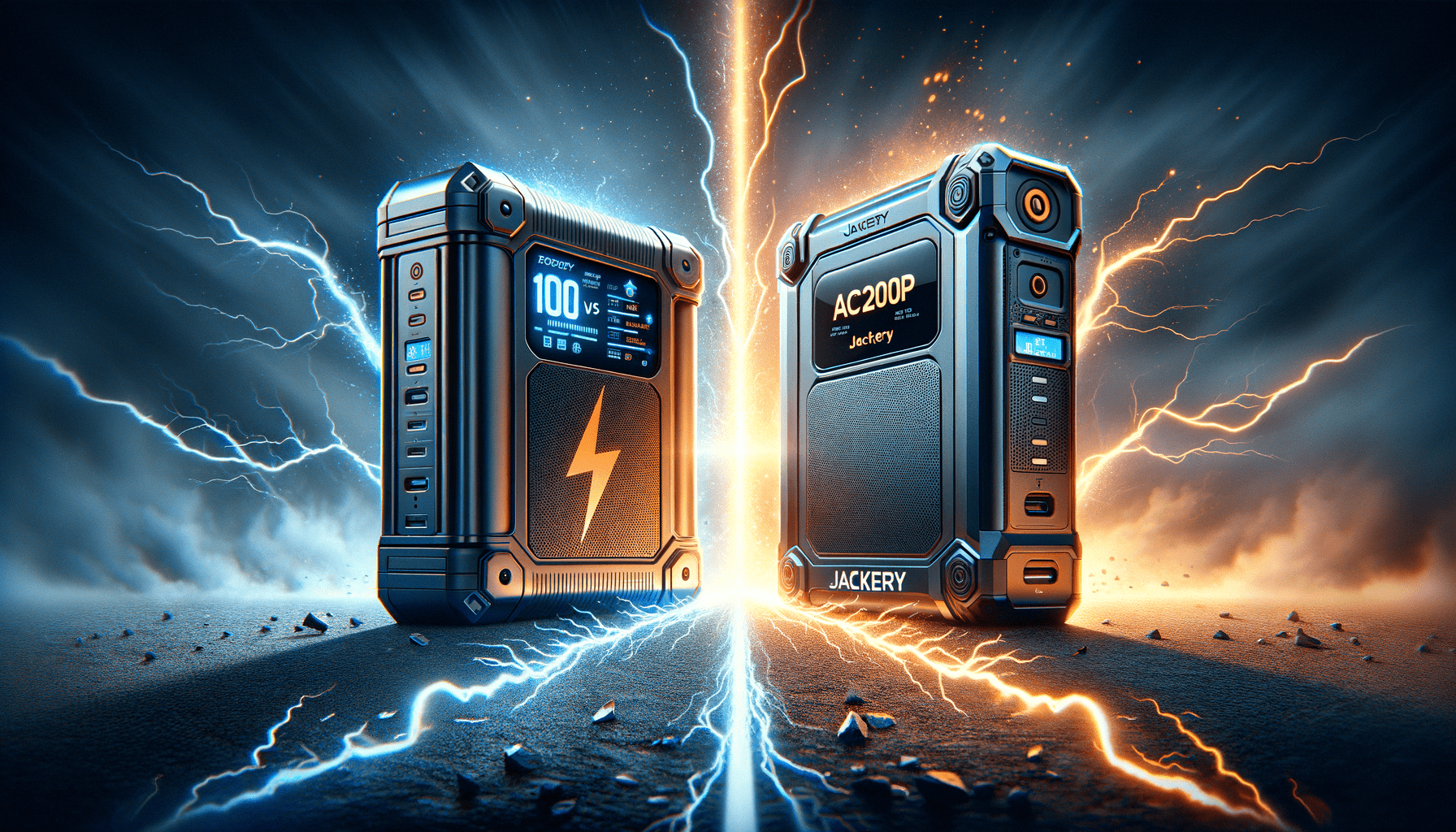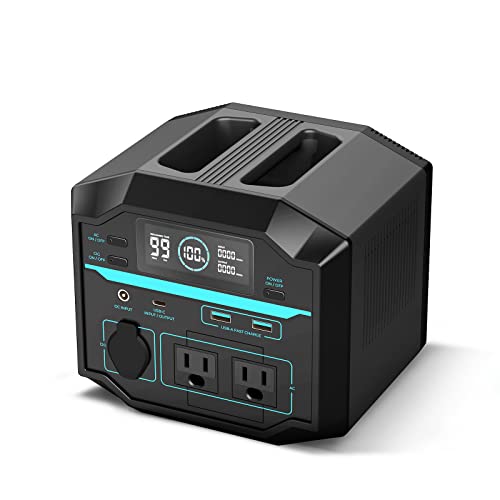When you’re out embracing the beauty of the great outdoors, the last thing you want to worry about is your gear running out of juice. Luckily, the world of portable power stations has two strong contenders: Renogy 200 and EcoFlow River 2. Whether you’re looking to stay connected or just need to keep your devices alive for those precious moments, this detailed comparison is here to guide you through choosing the ideal companion for your adventures.
Key Features Face-Off
| Feature | Renogy 200 | EcoFlow River 2 |
|---|---|---|
| Weight | 5.3 pounds | 7.7 pounds |
| Dimensions | 7.48 x 6.10 x 6.99 inches | 9.6 x 8.5 x 5.7 inches |
| Battery Capacity | 222Wh | TBD Wh |
| AC Outlet | 200W with 400W surge | 300W total (600W peak) |
| DC Output Options | Various including USB-A, USB-C, and CIG Port | USB-C, USB-A, and 12.6V DC output |
| Charging/Recharging Time | 80% in 1.5 hours | Full charge in 1 hour |
| Cycle Life | – | 80%+ capacity after 3000 cycles |
| Solar Panel Compatibility | Yes | Yes |
Design and Portability
On the go, every ounce counts. The Renogy 200 scores some serious points with its super light build. However, if you need that extra power bump, the slightly heavier EcoFlow River 2 brings in more wattage to the table. Both units are compact, with grips that make them a breeze to carry around.
Charging Capabilities
Charging time is a big deal when you’re out in the wilderness. Renogy’s fast recharging can be a lifesaver, but EcoFlow’s rapid one-hour full charge capability could mean the difference between hitting the trail early or waiting around at camp.
Battery and Output
The heart of any portable power station is its battery. The Renogy 200 offers a respectable 222Wh capacity, while we’re waiting to see the final numbers on the EcoFlow River 2. Where the Renogy has a cozy 200W AC output, the EcoFlow boasts a more robust 300W with peaks up to 600W for those power-hungry devices.
Eco-Friendliness and Compatibility
Both powerhouses support solar charging – a win for eco-friendly adventurers. EcoFlow’s battery lifecycle suggests sustainability, with 3000 cycles before dropping to 80% capacity. They both power a wide range of devices, ensuring that you have the necessary juice for smartphones to CPAP machines.
Added Perks
Every adventurer loves a good perk. Renogy packs a punch with its LCD display and comprehensive safety protections. On the other hand, EcoFlow’s compatibility with a wide range of charging accessories means it’s versatile for all sorts of expeditions.
Final Verdict
Choosing between Renogy 200 and EcoFlow River 2 boils down to your needs. If you prioritize lightweight travel and rapid charging, Renogy might be your best bet. But for those needing more oomph and faster full-charges, EcoFlow likely takes the cake. Whichever you choose, rest assured, both will serve as reliable sources of power for your off-the-grid escapades.




Leave a Reply